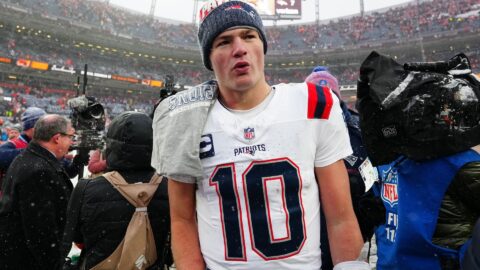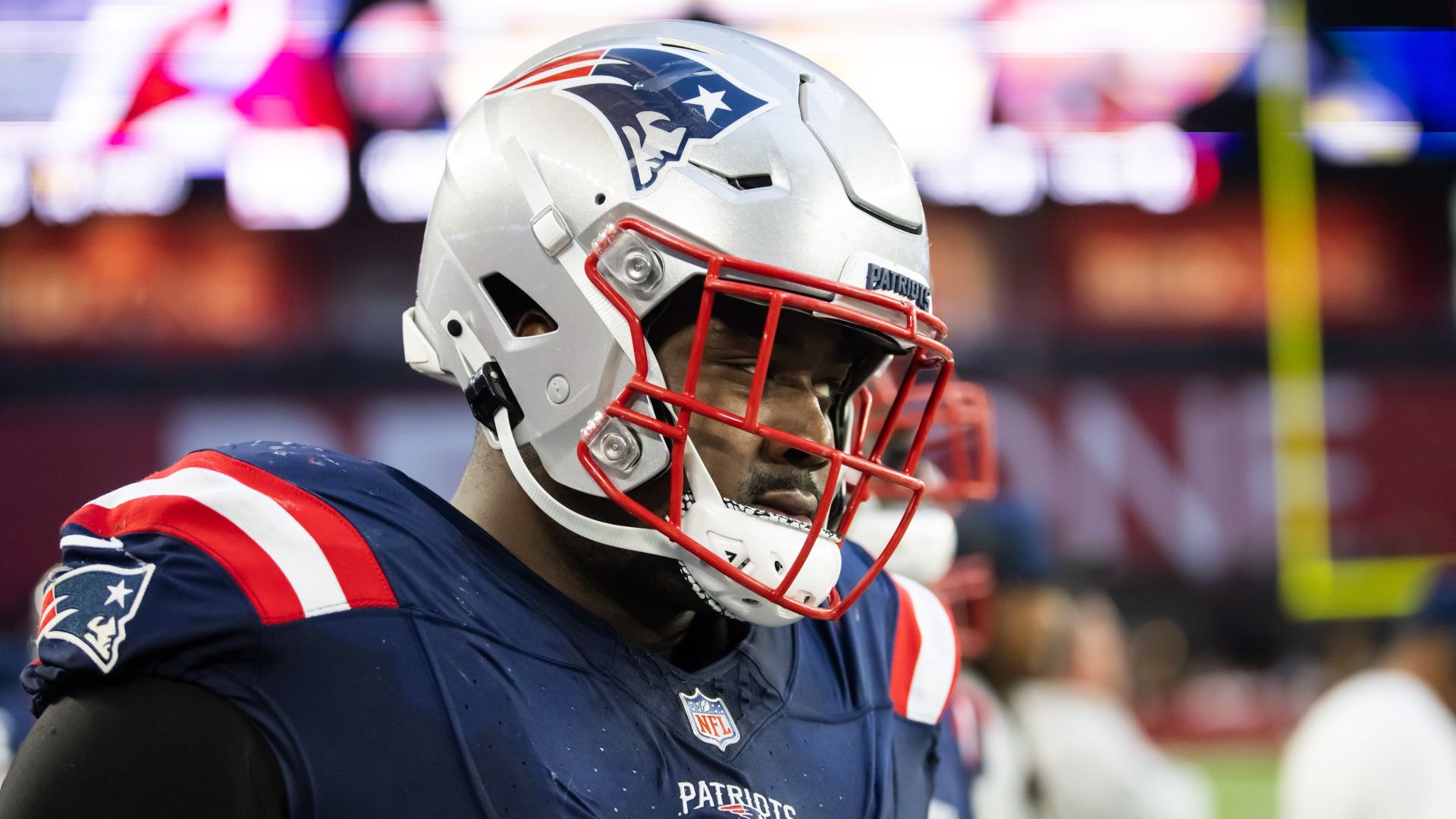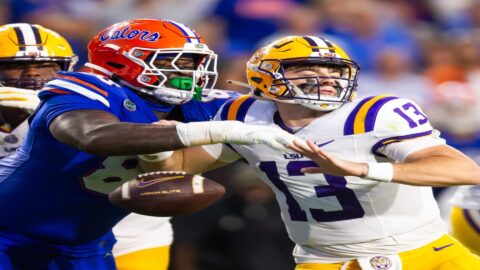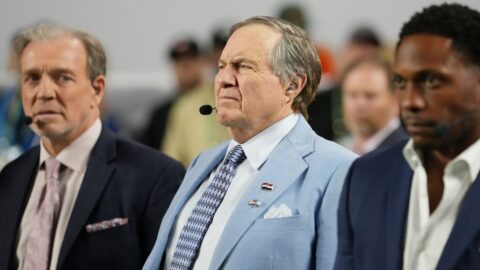Ozzie Guillen is a genius. He might well also be completely insane, but who's to say it isn't that very insanity which feuls his genius? Allow me to explain.
Back in early April, Guillen made headlines well beyond the world of sports when he professed his fondness for Cuban dictator Fidel Castro. Taking into account that figures in major league sports have a platform to be heard that the normal citizen does not, it is still a complete mystery as to why anyone thinks Guillen's opinions on politics matter (or why anyone thinks that they're informed by much of anything).
Guillen's comments on Castro to Time Magazine were what made headlines, but what should have been paid more attention to were his comments published in The New Yorker just a week earlier. Not only did Guillen act very flippantly towards a reporter — showing even less verbal restraint than usual — but the article, "Old Fish, New Fish," really calls into question Guillen's baseball acumen, and dedication to the minutia of running a Major League Baseball squad.
In one scene in the article, Guillen uses a fungo bat to play golf behind the backstop during batting practice, openly joking about the fact that he's supposed to look busy while Marlins owner Jeffrey Loria is in town.
"This is the best job," says Guillen. "Do Nothing."
Guillen also does little to dispel the notion that he isn't the most prepared manager in Major League Baseball ("I drink a lot, bro."), even going so far as to marginalize the role of the manager in the big leagues entirely. In another scene, he refers journalists asking questions about the day's starting pitcher to pitching coach Randy St. Claire, whose office was next door.
"That's why you got f—ing guys there as the coaches," shrugs Guillen.
The best bits of the article, however, come secondhand from Guillen's 26-year-old son, Oney Guillen. He recounts one story in which he asked his father how he planned to celebrate his 48th birthday.
"I'm going to f— your mom very well tonight," replied the elder Guillen.
In another scene in the article, Guillen cannot be found while the team runs an infield drill. As it turns out, Guillen is likely inside playing games on his iPad while his assistant coach runs the drill. His son kind of sells him out.
"See, my dad went inside and Joey's [Cora, the Marlins' bench coach] running all this," says Oney Guillen. "Right now, he doesn't have a TV in his office, so he's probably just sitting there. He likes to eat popcorn. He got an iPad — he just likes playing dominoes on it."
One can only imagine how little Guillen would get done if he did have a TV in his office.
But as disheveled and unprepared as Guillen comes off in the article, there is a kind of genius to his approach. While the modern view of the major league manager is of someone who spends hours pouring over scouting reports and advanced metrics, the reality is that a manager's strategy has very little to do with the outcome of baseball games.
In the days of SABR and advanced mathemetical analysis of baseball, the prevailing view has become that the moves a manager makes during the course of nine innings matter very little when compared to individual player performances. The math has confirmed the general opinion that, in baseball, the manager's job is much more about managing 25 personalities than it is filling out lineup cards, figuring bullpen matchups or deciding when to pinch hit.
This is why Guillen is a genius — even if it's only incidental.
"This is not instructional league," says Guillen in The New Yorker article. "We not teaching here."
And he's exactly right. As much is made of managers like Mike Scioscia and Joe Maddon, who do employ very specific game strategies, the way these styles are implemented are during minor league player development, not at the big league level. When a player gets called up to the Los Angeles Angels, for instance, they're already expected to know how to be aggressive on the bases and hit situationally.
Who knows if it's actually intention or laziness, but Guillen's approach certainly plays to the idea that protecting players is far more important than where they hit in the lineup. Likewise, the fact that it's Guillen, not his players, who is usually the center of attention allows those players to work in an environment with less stress and attention from the media than they otherwise might.
Of course, there are those times when Guillen, himself, causes the distraction, such as his Castro comments or when he referred to reporter Jay Mariotti using an anti-gay slur, but that comes with the territory of being the resident lightning rod.
It remains to be determined whether Guillen's managerial genius is on purpose or a complete accident. Just don't doubt that it's effective.



